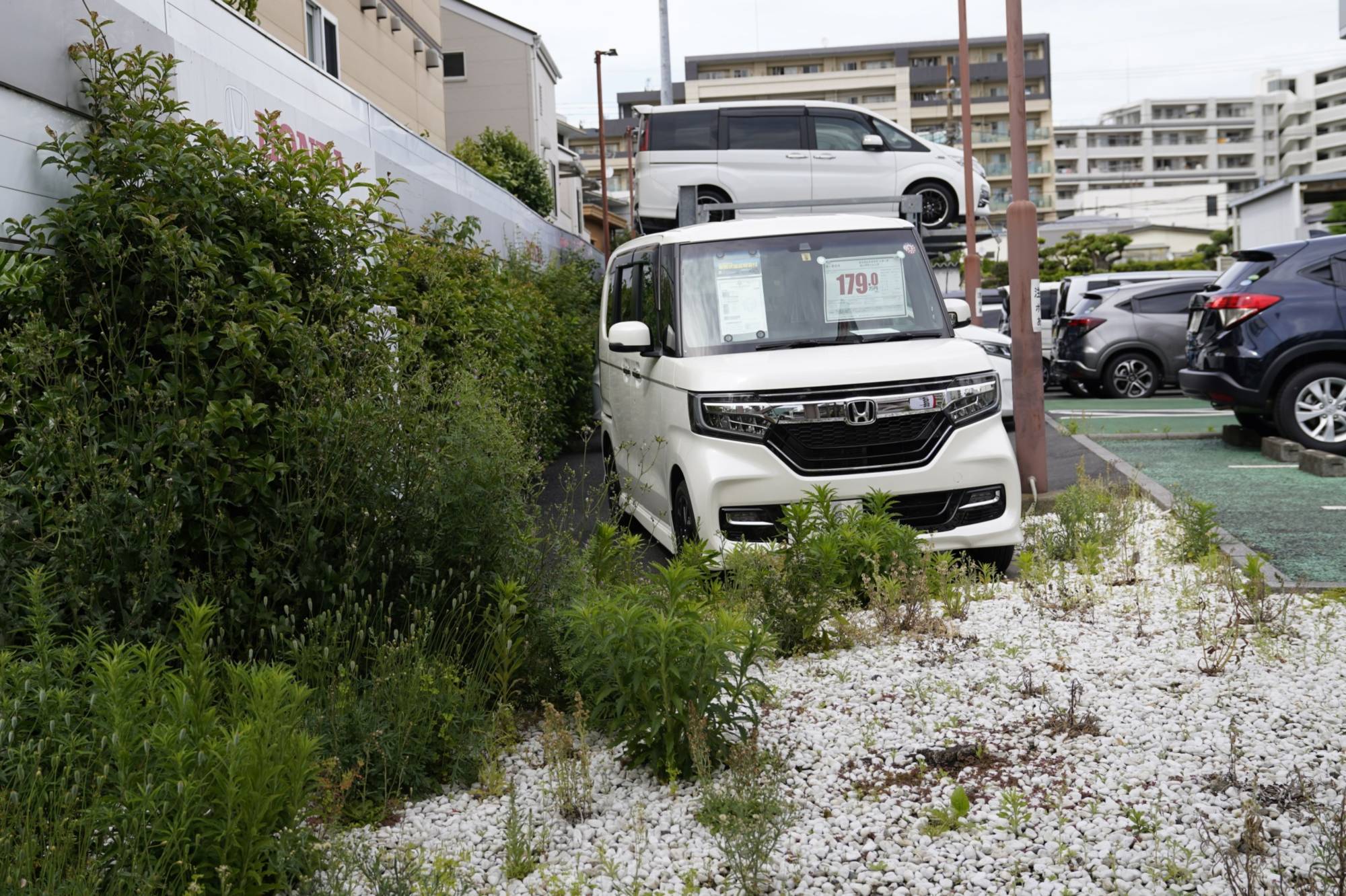Japan’s "kei cars," vehicles known for their affordability and small engines, face a potentially existential threat as the country leans on automakers to go electric as part of its net-zero emissions goal.
"Kei" means "light” in Japanese, and the category makes up about a third of new domestic automobile sales. They’re a popular means of transportation outside of major cities, used by farmers and families that need multiple vehicles to get around. Cheap to buy and own, keis are mainly manufactured for the home market, with engines limited by law to 660 cubic centimeters.
Prime Minister Yoshihide Suga pledged last year to decarbonize Japan by 2050, with plans to ban the sale of new gasoline-only vehicles by the mid-2030s. That’s created a dilemma for Honda Motor Co., Nissan Motor Co. and other makers of compact cars, with the added cost of technology making them less affordable for buyers. Electrification can add ¥1 million to ¥2 million to the price tag of a kei, potentially doubling its price, according to Tokyo Tokai Research.

















With your current subscription plan you can comment on stories. However, before writing your first comment, please create a display name in the Profile section of your subscriber account page.